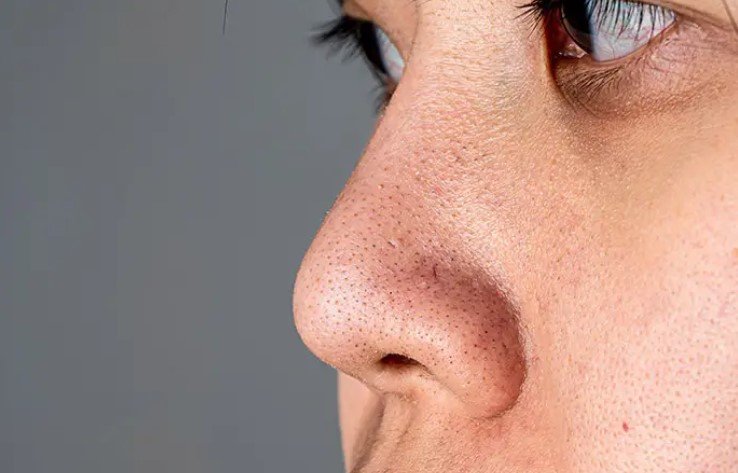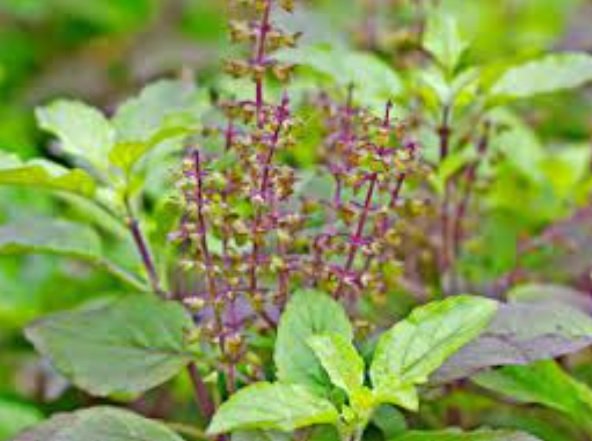Uses, Benefits, And Side Effects Of Herbs And Medicinal Plants

Medicinal herbs are a crucial part of our culture. Since time immemorial, medicinal plants have been used by specialists to cure diseases, war wounds, and ailments. When science and technology were far from imagination, medicinal herbs works like a charm to help mankind. However, as science and technology strengthened their grip on the world, the importance of herbs and medicinal plants has vanished.
People are so used to modernity that they’ve embraced artificiality as the new reality. There is a dearth of knowledge and awareness about what nature can offer us. Not only this, but the blindfolded humanity is now unknowingly harming the ecosystem which has further degraded the value of medicinal herbs.
In this blog post, you will learn about natural medicines, their uses, benefits, and side effects. Modernity has given us technology and if it fails, natural medicinal plants can cure our body well. Let’s explore all the details in this article.
According to research, over 90% of traditional medicinal remedies have herbs and medicinal plants. These plants help in preventing, curing diseases, and maintaining overall health. Apart from medicinal benefits, herbs are used to add beauty and spice to our lives too.
Herbs like turmeric, ginger, basil leaves, and mint have several health benefits like relieving stress, improving digestion, curing cold and flu, and strengthening the immune system. But these herbs are also used in the kitchen to beautify our lives with delicious food.
Medicinal herbs have no negative impact on the human body unlike general medicine which sometimes lead to mild to severe symptoms. Allergic reactions, rashes, asthma, headaches, and, diarrhea are common side effects of medicine. But, this is not something to be afraid of when you’re using medicinal herbs. Everything has a side effect if it is used in excess, consumed inappropriately, or against doctors’ advice.
So Let us learn more about such herbs in this article.
1. Aloe Vera

Also known as the ‘King of Medicinal Plants’, aloe vera is loaded with health benefits. It is commonly used as a home décor potted plant but its role as a medicinal herb traces its history from Egypt. It is a native plant of North Africa, Southern Europe, and the Canary Islands.
A 2010 report suggested that aloe vera is one of the best medicines for Gastroesophageal reflux diseases GERD. One to three ounces of aloe vera gel can reduce its severity. Another study suggested that aloe vera is a good replacement for chemical-based mouthwashes. It constitutes Vitamin C which can prevent plaque and also cure bleeding or swollen gums.
Moreover, aloe vera is used to protect fruits and vegetables from microbes. Did you know that coating a tomato plant with aloe gel can avoid the growth of bacteria?
But aloe vera has side effects too. Tropical and oral usage of the herb can cause skin irritation, hives and cramping to those who are allergic to onion, tulips and other plants of the lily family.
2. Holy Basil or Tulsi

Also known as the Queen of Medicinal Plants, holy basil is commonly known for curing cough and cold. Apart from this, it also helps in improving digestion, stress release and provides longer life. holy basil is anti-cancer too which makes it an essential medicinal plant. Moreover, the fragrance of holy basil is strong enough to ward off bacteria and give a good taste to tea.
3. Mint

‘Mint chutney’ is a common side dish in Asian households. Its fresh fragrance enhances the mood and its bitter-sweet taste adds spice to the life. But did you know that mint has several health benefits too?
Mint helps in improving the digestive and respiratory systems. It helps in clearing the cough and boosts the immunity. Mint leaves might cause allergic reactions. Moreover, if taken in excess, the menthol in it causes dry mouth, heartburn, nausea, and abdominal pain. If you have GERD, better avoid consuming peppermint.
4. Fenugreek

One of the finest herbs that are commonly used in many households in the United States and in the European continent. It is used as an ingredient in several cuisines. They don’t only taste good but also add a lot of health benefits too.
Fenugreek controls cholesterol levels, increases appetite, and curbs hair loss. It purifies blood, lowers blood pressure, and improves the excretory system. Moreover, it also increases the sex drive of both men and women by increasing the levels of testosterone and estrogen hormones.
Large doses of fenugreek seeds can lower blood sugar levels, and cause digestive tract symptoms and headaches. Regular consumption of fenugreek leaves can have astonishing results. It has anti-bacterial and anti-inflammatory properties which help our body to pursue a healthy body.
5. Fennel

Fennel is an aromatic plant that not only adds flavor to life but also has some health benefits. It improves the digestive system and prevents bad breath which is why in the United States and EU countries are used to chewing fennel seeds after meals.
Other than this, fennel helps in treating cough and improves eyesight. It controls the cholesterol level and cures acidity. Most importantly, Fennel seeds help in improving milk supply in lactating women.
It is important to keep the dosage of fennel in mind. Large doses can lead to severe health issues like difficulty in breathing, tightening of the chest, vomiting, hives, rashes, and a mild increase in menstrual flow.
6. Coriander

It is a common ingredient in many kitchens. Coriander leaves and ground coriander is used in many western recipes to add flavor and taste. But did you know that the ground coriander can improve your immunity, increase your Hb level, and cure in kidney dieseases.
Coriander is rich in antioxidants. It cures urine retention and improves digestion. Moreover, it regulates the menstrual cycle and is a good treatment for those who have acne.
Coriander can have allergic reactions: symptoms of which are asthma, nasal swelling, or swelling inside the mouth.
In Summarize
The list doesn’t end here. Every medicinal herb has unique health benefits that can improve our lifestyles and increase our lifetime. We just need to open our minds to learn about their benefits. Moreover, let us also be mindful of medicinal herbs’ usage because one step wrong can overturn their impact on our health.













